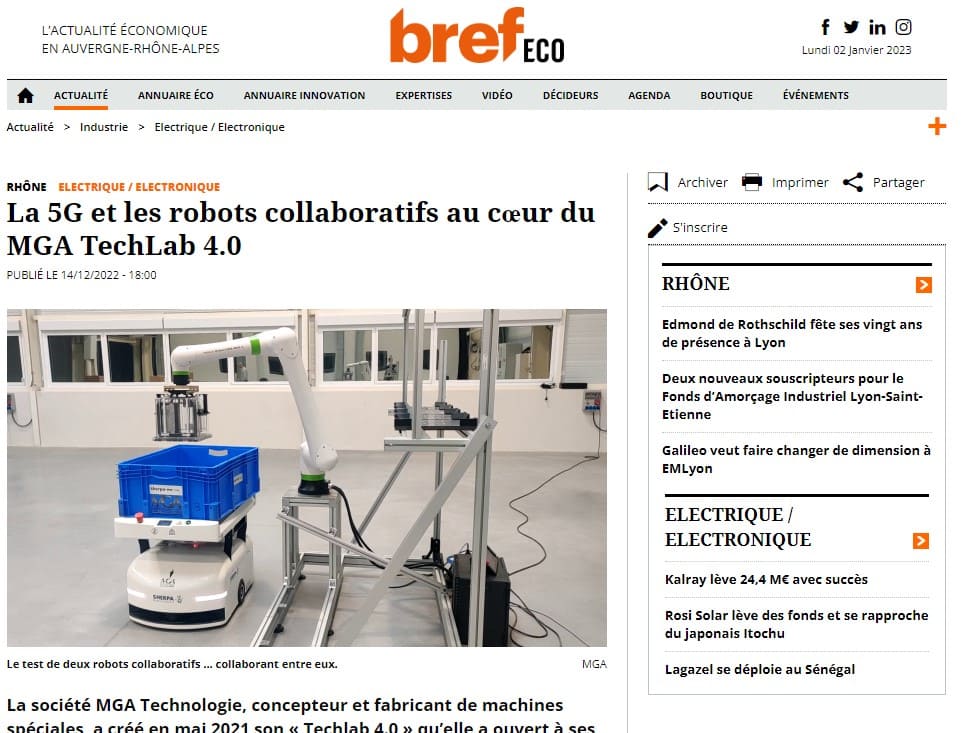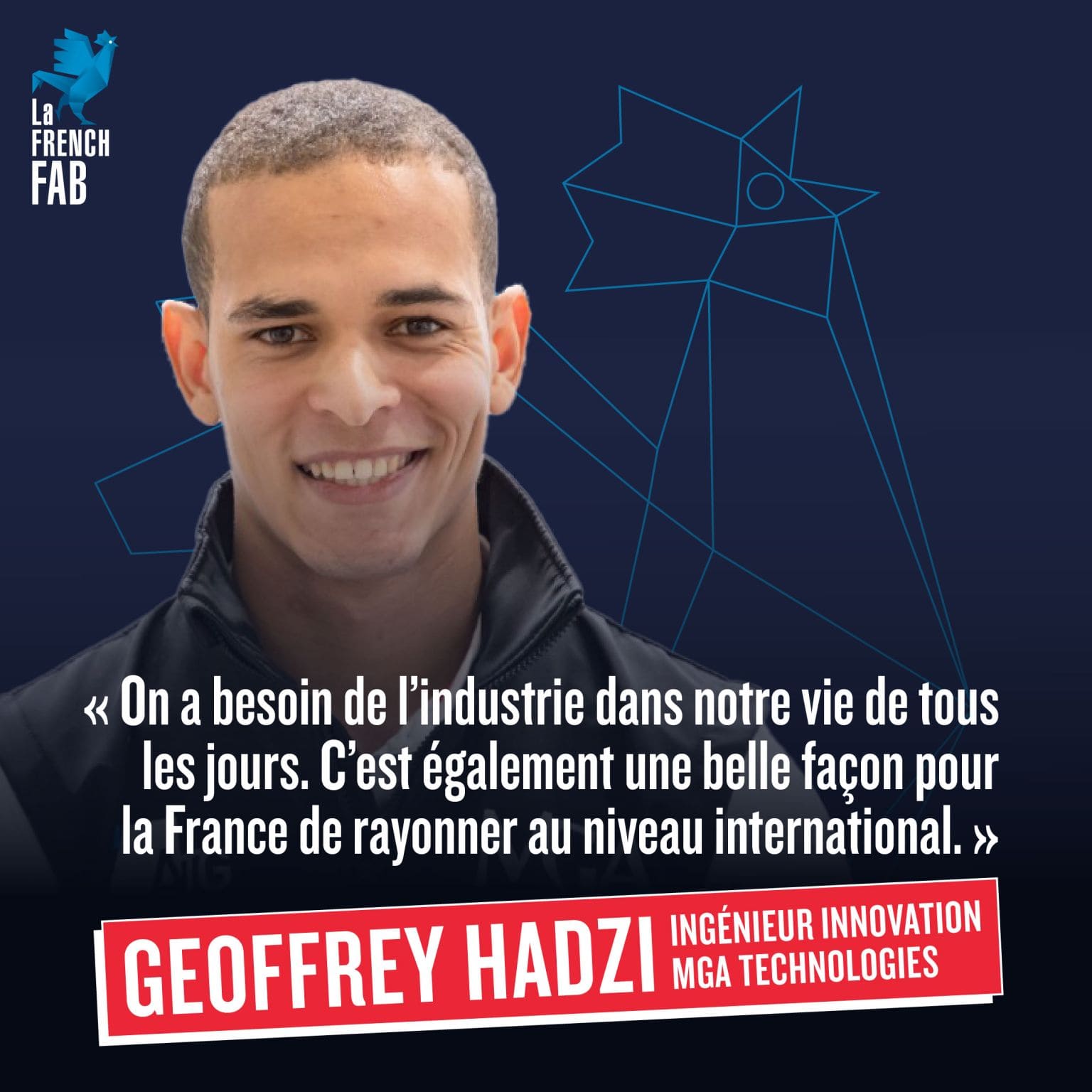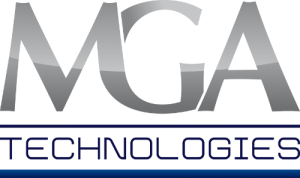They talk about us ! Article by DirectIndustry e-Magazine
« MGA Technologies specializes in designing and installing custom-made, high-tech production lines and special machinery for the medical and electronics industries. In 2021, the company launched its TechLab, a space where solutions integrating new technologies such as robotics or IoT can be tested by their clients. DirectIndustry visited the MGA TechLab 4.0 and met with Grégoire de Langautier, Industrial 4.0 Development Manager, to learn more about it, the needs it addresses, and the methods employed.
Launched in 2021, MGA Technologies’ TechLab aims to be an innovative space where the company and its clients can test new technologies before integrating them into their lines.
The goal is to reduce risks for clients by allowing them to test concepts and prototypes before committing to larger investments.
MGA Technologies collaborates with numerous partners such as Siemens and Stäubli.
DirectIndustry met with Grégoire de Langautier, Industrial 4.0 Development Manager, who explained the concept.
What needs does the TechLab address?
Grégoire de Langautier: “Our mission is to build customized machinesthat are then installed at clients’ facilities, often in cleanrooms where the cleanroom is constructed after the machine is placed inside. Therefore, it is very complicated to perform maintenance or make adjustments afterward. We wanted to create the TechLab to innovate and allow our clients to innovate as well.
This means not only addressing the subject once the specifications are already set but also helping our clients develop those specifications by testing new technologies so that they can incorporate them into the new machine right away.
This allows our clients to innovate upstream and, most importantly, to de-risk their machines by conducting proof of concept tests. Instead of making a significant investment in a complete machine along with the associated risks, we offer clients the opportunity to conduct a proof of concept, a prototype. If it works, we proceed with the machine.
So either we simply provide the building block, where the client comes in saying they want to test this specific component. Or we engage in a complete innovation process where we come in at the early stages.
Some clients come to us with an idea, not knowing how to approach it and ask us to propose 4-5 solutions with cost estimates to see how it can be achieved. We leverage our experience and all our partners to provide insight into what could be done on the subject. We offer 2-3 solutions and then proceed to the Proof of Concept.
Afterward, if the result is relevant, we move forward with implementation. If the result is not relevant, we stop there. We do not obligate our clients to continue with us after the prototype stage.”
How Does the TechLab guide companies in their strategic projects?
Grégoire de Langautier: “We’ve established a co-innovation approach where we ask our clients to dedicate as much time as we do to this process. It’s not just about our clients presenting their problems to us and letting us handle them. We propose a rather conventional methodology: we gather around a table and collaborate for several weeks to thoroughly explore the client’s processes. They bring in their experts, while we mobilize our specialists in special-purpose machines and problem-solving methodologies. Then, we develop concepts over time, progressing step by step.>
At the end of the conceptual phase, we collectively decide to move on to the prototyping phase, with cost estimates for each stage and deliverables at each milestone. At each stage, we re-engage in the project based on the results achieved, rather than paying a fixed sum and waiting for a finished product. So, it’s genuine co-innovation, where we advance step by step in close collaboration with our clients.
For one of our clients, there were ten ideas on the table initially. We assessed the feasibility of all 10 ideas, and in the end, we eliminated five directly because they were clearly not mature enough or feasible enough, and we couldn’t see any return on investment. In the second stage, we narrowed it down to four more, leaving us with one idea with a calculable ROI. There’s a conceivable need in a particular factory. It’s worth investing X thousand euros to create a prototype to see if it really works or not. And so, we streamline the process like that.”
How long does it take from idea to industrial deployment?
Grégoire de Langautier: “It varies. For one of our clients in the pharmaceutical industry, we started the co-innovation phase in 2021. Today, we’re in the process of producing the six special-purpose machines that need to be delivered within the year.”/i>
Among the key technologies you explore within the MGA TechLab 4.0 (5G, mobile robotics, AR/VR, etc.): which one stands out particularly?
Grégoire de Langautier: “Mobile robotics and collaborative robotics are the technologies in which we’ve invested the most in terms of time and equipment. We’re convinced that when we talk about the factories of the future, we’re talking about flexible and modular factories. To be able to reindustrialize France and produce again in France, factories need to be capable of easily producing different products with added value. And to achieve that, we need to be able to reorganize production lines.
Three years ago, we had never integrated a mobile robot into a production line. Now, we’ve done several integrations. We spent a year testing all the mobile robots on the market, evaluating them, and doing our own technology calculations to be able to present a credible solution.
Private 5G mobile networks are also among the technologies with high potential. Indeed, when discussing flexible and modular factories, it is crucial to have reliable and comprehensive connectivity. Private 5G mobile networks will enable mobility within the factory, provide connectivity at every point of a site, and, soon, facilitate industrial communication. This is a technology that MGA has been researching for 3 years in its lab.”
But how did you work concretely to develop your expertise in mobile robotics?
Grégoire de Langautier: “For mobile robotics only, we’ve dedicated almost 50% of an engineer’s time only to sourcing all the mobile robotics manufacturers, to see demonstrations and have a clear view of the market. We bought two to try out, the two we considered the best at that time, to integrate them into our systems. We deployed them in-house for our business, and to clearly understand how they work., to deploy them on use cases. We took advantage of the post-Covid France Relance 2030 plan to purchase equipment.”
Do you have a concrete example of how it was then deployed?
Grégoire de Langautier: “The example that comes to mind is the Nokia factory in Finland, where they produce radio equipment for telecoms. The entire factory is digitalized and flexible; they are capable of switching products on the line within a few hours. This is made possible by the flexibility offered by mobile robotics and private telecom networks.
This is truly the future of the factory. The electronics industry is used to that, as they make small series with high-added value
And this works for electronics, but it also works for healthcare. The idea is, how do I organize my production to produce a new product in two hours, three days, or three weeks?
And for that, it means no fixed conveyor. It also means the ability to bring different products to assembly zones, and work areas, flexibly. And so, mobile robotics is needed to achieve that.”
Who are the experts at the TechLab and how do they collaborate with the client companies’ teams to move from original ideas to optimized solutions?
Grégoire de Langautier: “We have a dedicated team of engineers under the supervision of a technical expert. However, we are never alone. For instance, we worked on a project in the bioprocess of gene therapy where we clearly lack of expertise, so we sought out experts to learn. Either the client has their own experts and we try to gain insights from them. Or we seek help from an external consultant who explains that particular subject or feature to us so that we can learn.”
How did you operate before launching the TechLab in 2021?
Grégoire de Langautier: “Previously, for our custom machines, we conducted proofs of concept (POCs) on components we considered risky. We created small prototypes primarily in response to requests for quotes based on specific requirements. Now, our approach has evolved to start from the ground up with a co-innovation strategy that includes our clients from the beginning. This represents a completely new direction for us. We’re taking our exploration much further. Significantly, we’ve begun to proactively test technologies ourselves, before bringing them into our projects. We’ve pinpointed areas where our knowledge was lacking and decided to invest our resources in experimenting with technologies such as robotics, 5G, augmented reality (AR), and the Internet of Things (IoT). We view this as a strategic move essential for our advancement. The pressing question for our business now is: What will be the future’s needs? What product will emerge tomorrow that will revolutionize the industries of the future?”
How much do these proof of concepts amount to?
Grégoire de Langautier: “We began with projects valued at tens of thousands of euros over six months. Now, we’ve initiated innovation initiatives that could potentially generate millions of euros in revenue in the forthcoming years, provided we successfully navigate through all the phases. This progress is directly linked to our efforts in testing new technologies, demonstrating our capacity for innovation.” »

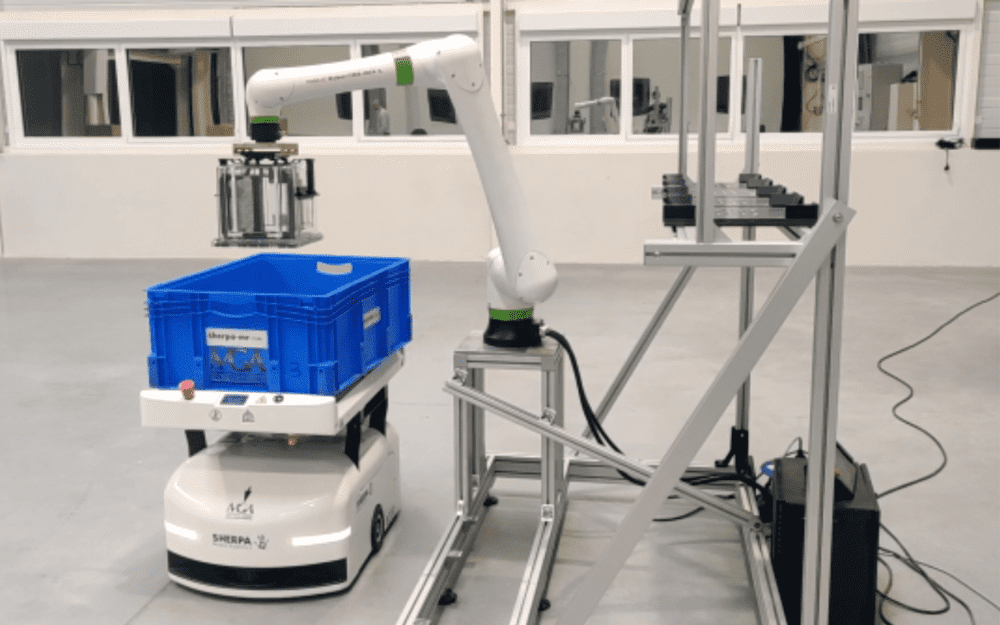
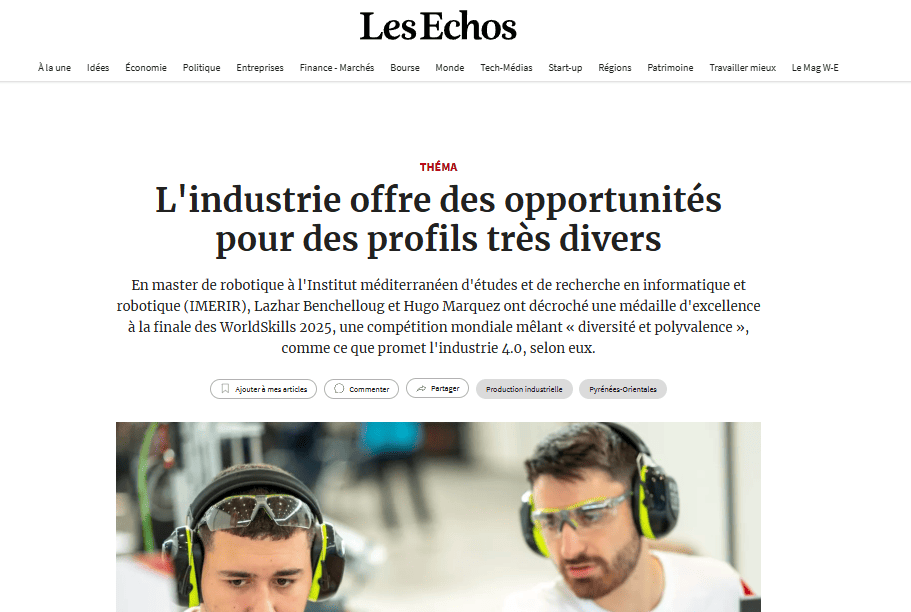
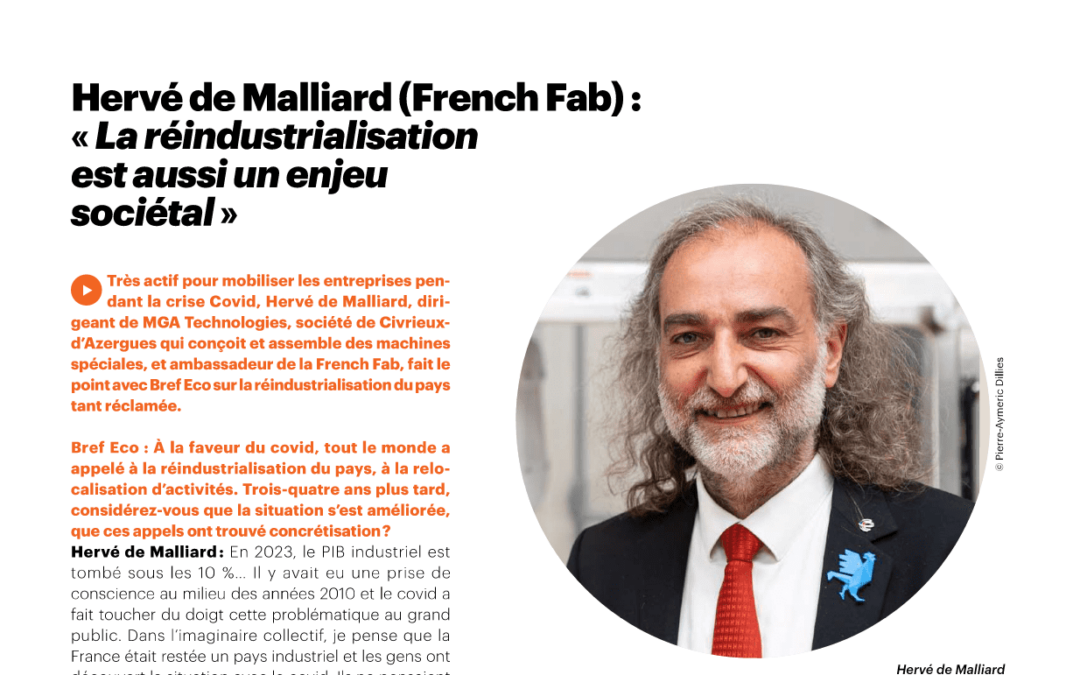
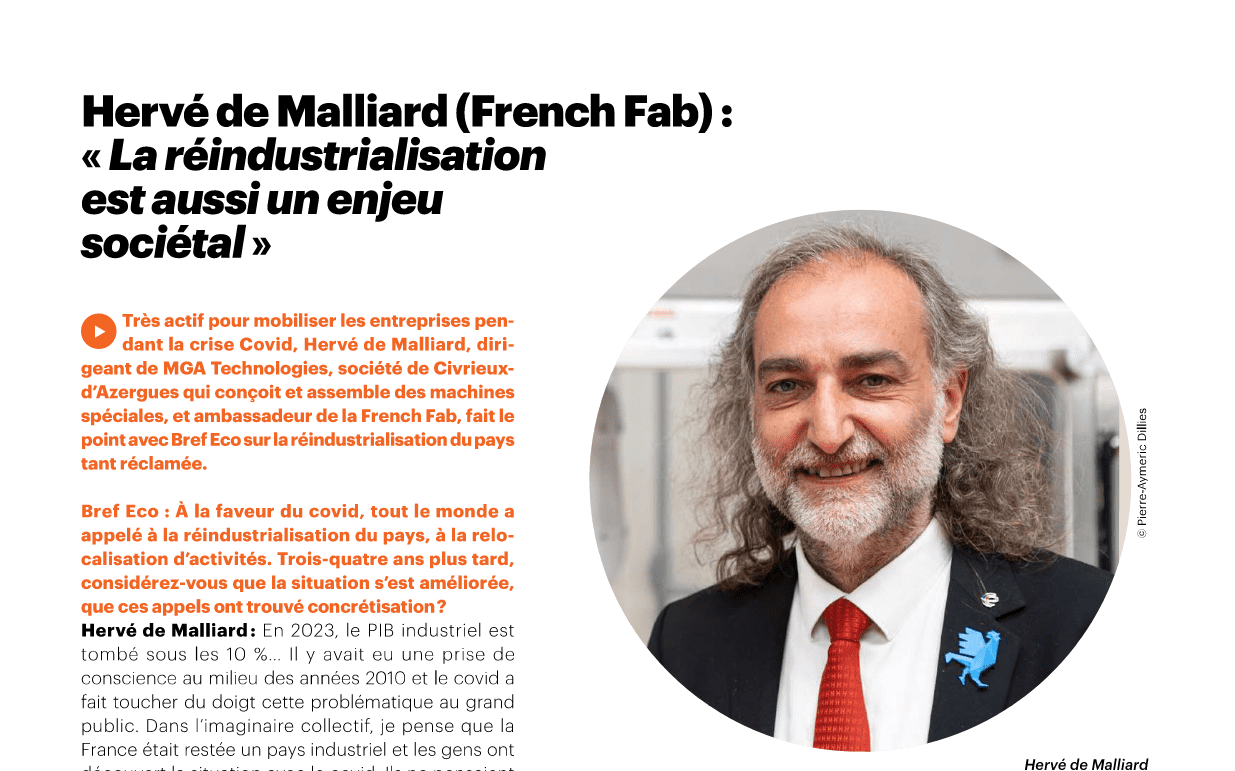
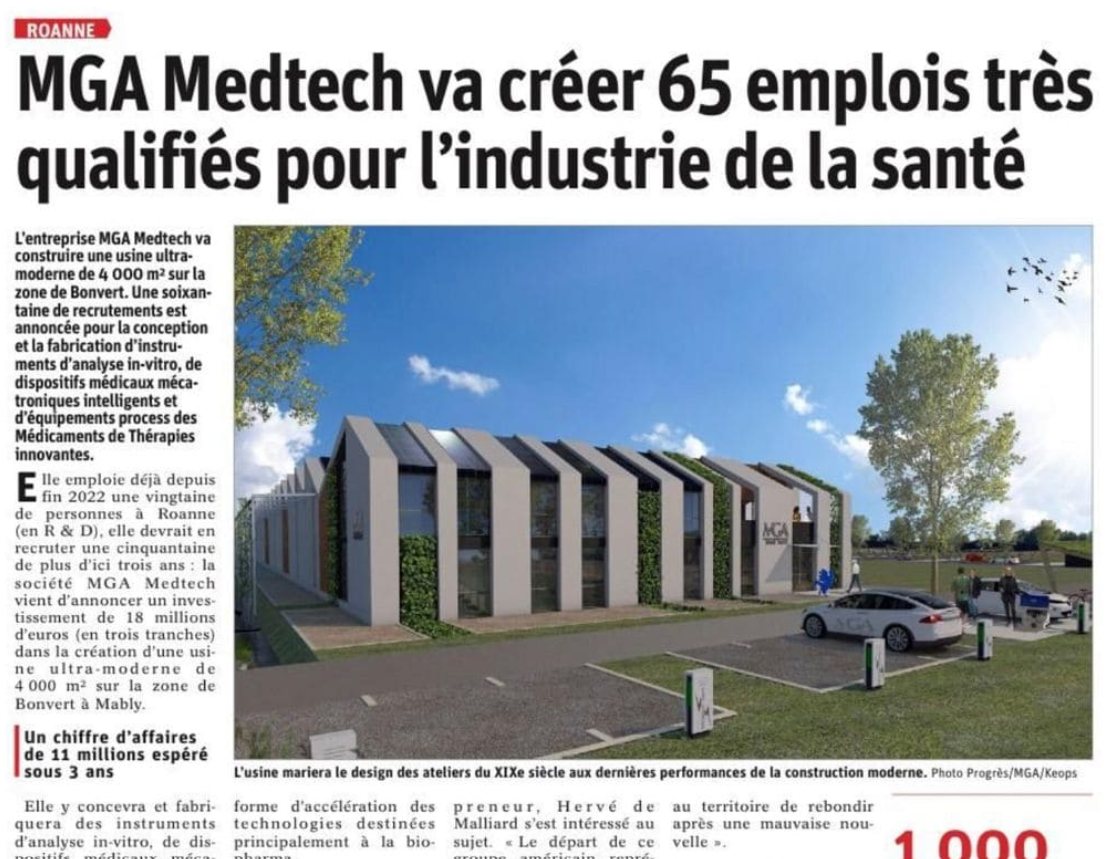
![[VIDEO] Interview de Hervé de Malliard par Jacques Pary au Global Industries Lyon 2023](https://www.mga-technologies.fr/wp-content/uploads/2023/03/interview-herve-malliad-gilyon-2023.jpg)
